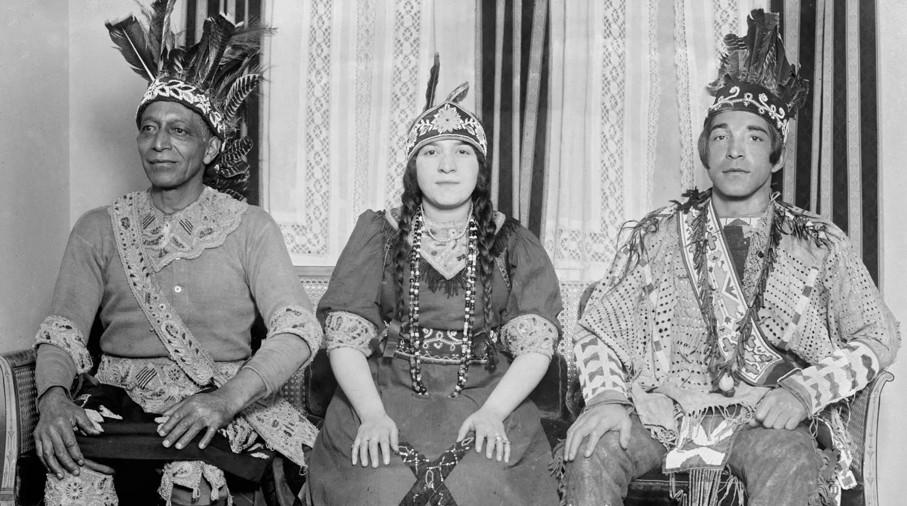
If you’ve ever felt a chill down your spine while reading a book, peered nervously into the storm drain, or developed an irrational fear of clowns, chances are, Stephen King was behind it. For over five decades, this unassuming man from Maine has held a thrilling, terrifying grip on the global imagination, crafting stories that don’t just scare us, but burrow deep into our collective psyche.
But who is the man behind the monsters? How did a struggling teacher become the undisputed “King” of horror, and far more than that, a literary titan who defines an entire genre? Let’s take a journey through the life of Stephen King.
From Humble Beginnings to Horrifying Visions
Born Stephen Edwin King in Portland, Maine, in 1947, his early life was anything but easy. His father abandoned the family when Stephen was just two, leaving his mother to raise him and his older brother through a series of temporary jobs and financial struggles. These itinerant years, moving between various small towns in Maine and Indiana, would later deeply influence his fiction, as he perfected the art of observing the unsettling underbelly of seemingly idyllic American communities.
King’s fascination with the macabre began early. He discovered a box of his father’s old horror and fantasy paperbacks, which ignited a lifelong passion. By his late teens and early twenties, while studying English at the University of Maine and working various odd jobs – including at an industrial laundry, an experience that would inspire The Mangler – he was already diligently writing. Stories poured out of him, finding homes in men’s magazines like Cavalier, but often facing the sting of rejection from larger publishers.
The Crumpled Manuscript That Changed Everything
The early 1970s found King married to his brilliant wife, Tabitha Spruce King, with two young children, living in a trailer and teaching English at Hampden Academy. Money was tight. He was tossing out ideas, working tirelessly, but success remained elusive.
It was during this time that he began writing a story about a tormented telekinetic girl named Carrie White. Frustrated, he threw the first few pages into the trash. It was Tabitha who, retrieving them from the wastebasket, encouraged him to continue. “It’s got something,” she reportedly said.
That “something” became Carrie. In 1973, King sold the book rights to Doubleday for a modest advance. But it was the paperback rights sale to New American Library for an astonishing $400,000 – half of which went to King – that truly changed their lives. The struggling family who couldn’t afford a telephone suddenly had a path to financial stability, and the world had a new voice in horror.
The Reign of King: A Prolific Pen and Global Domination
The success of Carrie was just the beginning. What followed was an unprecedented outpouring of creativity. Novels like ‘Salem’s Lot, The Shining, The Stand, Firestarter, Cujo, Pet Sematary, and It cemented his status as a master storyteller. He didn’t just write horror; he infused it with deep psychological insight, exploring the dark corners of the human heart, addiction, coming-of-age, and the quiet malevolence lurking beneath suburban veneers.
King’s genius lies not just in his ability to scare, but in his profound understanding of human nature. His characters are relatable, flawed, and often ordinary people facing extraordinary evil. He makes us care about them before he puts them through the wringer, making the terror all the more potent.
His influence extends far beyond books. King’s works have been adapted into countless iconic films and television series, from The Shawshank Redemption and Stand By Me (based on non-horror novellas) to The Shining, IT, and Misery, becoming a cornerstone of pop culture.
Confronting Demons, Finding Resilience
King’s life hasn’t been without its own dark passages. He has openly discussed his struggles with alcohol and drug addiction in the 1980s, which heavily influenced the themes of addiction and the destructive nature of unchecked power in books like The Shining and Misery. His family’s ultimatum and his subsequent recovery were pivotal.
Then, in 1999, he was struck by a van while out walking, an accident that left him severely injured and threatened to end his writing career. His perseverance through painful recovery, and how this experience deepened his understanding of life and mortality, is chronicled in his best-selling memoir and guide to writing, On Writing.
The Enduring Legacy
Today, Stephen King continues to write, produce, and inspire. With over 60 novels, hundreds of short stories, and countless awards under his belt, he shows no signs of slowing down. He is more than just a horror writer; he is a literary giant who has expanded the boundaries of genre fiction, exploring the human condition with unflinching honesty and unparalleled imagination.
From a struggling family in a trailer to a global phenomenon, Stephen King’s journey is a testament to the power of perseverance, the importance of a supportive partner, and the terrifying beauty of a truly unique voice. He taught us that the monsters under our beds are often reflections of the monsters within us, and for that, we’ll forever be grateful… and perhaps, just a little bit scared.







